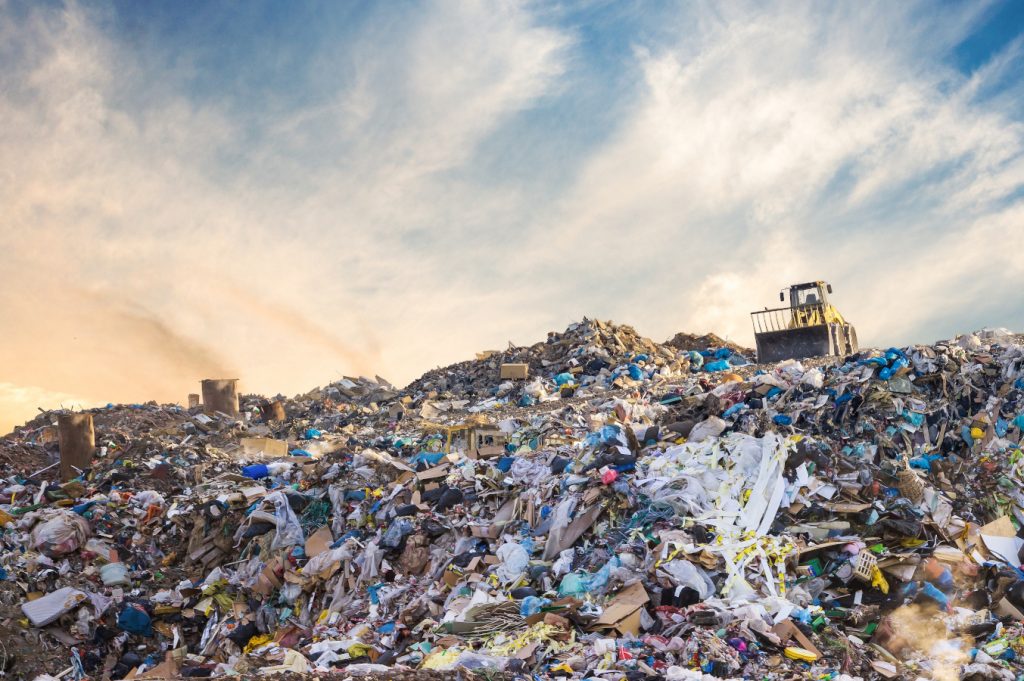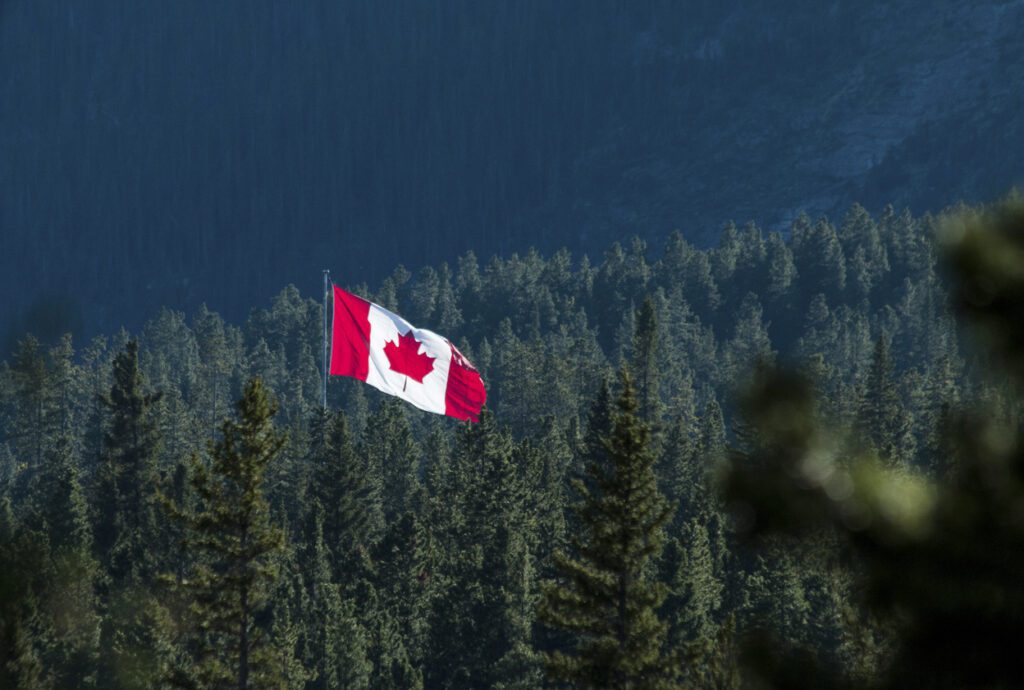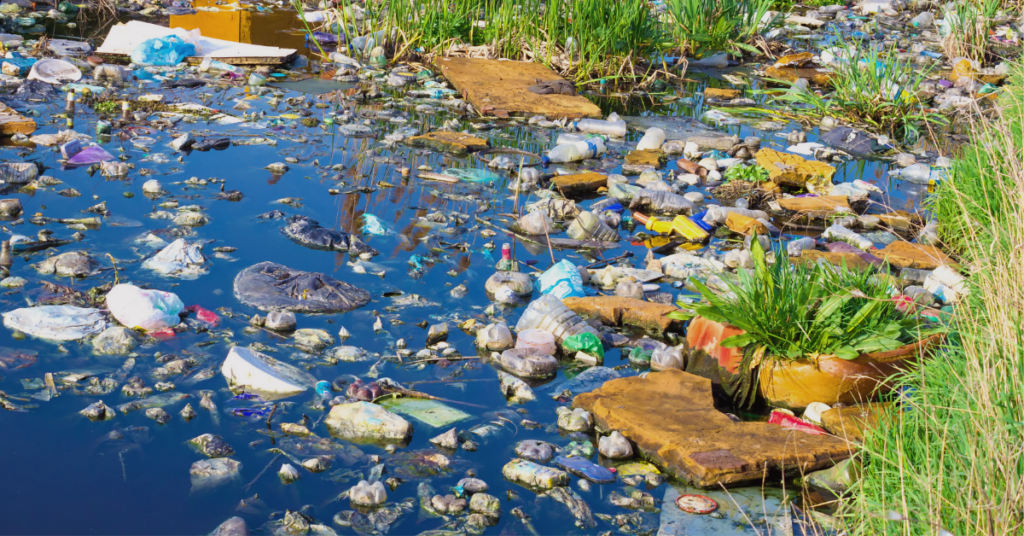The below release was adjusted on May 9, 2023 to more accurately reflect the polling results.
As the beverage industry prepares to charge us a fee for all its packaging waste, Ontarians make it clear they support deposit-return programs.
Toronto | Traditional territories of the Mississaugas of the Credit, the Anishinaabeg, the Haudenosaunee, and the Huron-Wendat – More than three-quarters of Ontarians want a deposit-return program for non-alcoholic beverage containers, according to a new survey commissioned by Environmental Defence. The poll, conducted by Environics Research among Ontario residents between April 27 and May 1, 2023, confirms that there is overwhelming public support for improvements to how empties for beverages such as soft drinks, water and juice are managed in the province.
Under new Ontario waste regulations, Ontario’s beverage industry is in the process of taking over responsibility for its containers and has announced a new fee to be charged to consumers in order to cover their costs. That fee will not be returned to consumers, but instead is slated to pay for the continuation of the recycling bin system that is failing to prevent litter and containers from ending up in landfills, rivers and our streets.
“Ontarians are not going to be satisfied with the proposed non-refundable fee program. Deposit return for all beverage containers is a common-sense solution for the waste crisis in this province,” said Karen Wirsig, Senior Program Manager for Plastics at Environmental Defence. “The current system is failing. We estimate that 1.7 billion plastic drink containers are still dumped into landfills, incinerators or directly into public spaces and parks every year. We need to learn from places like Alberta, where 84 per cent of all beverage containers are collected through its efficient deposit-return system.”
Ontario already benefits from a successful deposit-return system for alcoholic beverages. In 2021, nearly 80 per cent of packaging and containers sold at the Beer Store were returned and recycled or refilled. Beverage containers and packaging managed through the “blue box” recycling bin system only reached a 43 per cent collection rate that year.
As part of its plan to eliminate plastic pollution, the federal government has committed to setting a collection and recycling target of 90 per cent for beverage containers across Canada. Alberta is already almost there, while Ontario is unlikely to meet the target without an expanded deposit-return system.
“The time to move to deposit return for all beverages in Ontario is now,” Wirsig added. “Beverage companies have to abandon their unworkable plan of doubling down on a failing system and sticking us with the cost. The alternative is very popular, fair, good for the environment and will help prevent some of the most persistent and harmful litter.”
Correction note:
Respondents most supportive of deposit return were those 65 years of age and older and people who live in rural areas, where support reached 86 and 83 per cent respectively, although sample size limitations mean that views are not statistically different from the rest of those sampled. Further exploration of these views will require a poll of a larger sample size focused on these groups.
Full questionnaire and survey results available upon request.
ABOUT ENVIRONMENTAL DEFENCE (environmentaldefence.ca): Environmental Defence is a leading Canadian advocacy organization that works with government, industry and individuals to defend clean water, a safe climate and healthy communities.
– 30 –
For more information or to request an interview, please contact:
Lauren Thomas, Environmental Defence, media@environmentaldefence.ca, 647-687-2687






